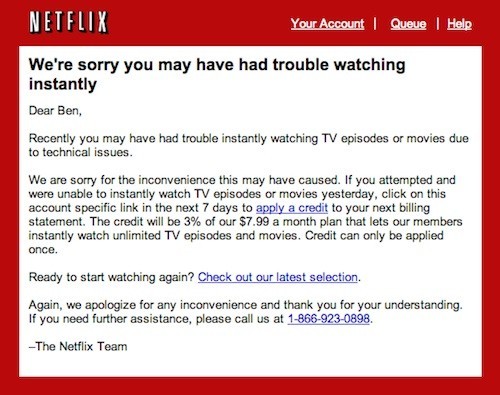If you thought English dictionaries adding "D'oh!" — the ever-so-famous catchphrase from pop culture icon Homer Simpson — and "unfriend" in the past was a big deal, or even humorous, you may find yourself LOLing about this one. The Oxford English Dictionary (OED) has decided to include various Internet instant messaging language terms, or as they call it "noteworthy initialisms," including OMG, FYI, LOL, and even the non-acronymic ♥. They join the ranks of IMHO, TMI, and BFF.
The OED argues that these initialisms are much faster to type than their full forms and help to "say more in a media where there is a limit to a number of characters one may use in a single message," like while texting or on Twitter.
But they also say that these abbreviations have been seen in print and spoken use. In fact, OMG has been recorded all the way back to 1917 from a personal letter, FYI originated in 1941, and LOL started in 1960. Back then, it meant elderly woman, as in "little old lady." And according to the OED's research, the initialisms whether electronically or in print help evoke a "gossipy mode of expression" and can even "perhaps parody the level of unreflective enthusiasm or overstatement that can sometimes appear in online discourse, while at the same time marking oneself as an ‘insider’ au fait with the forms of expression associated with the latest technology."
The OED defines LOL as an "interjection" or a way to "draw attention to a... humorous statement." OMG as a noun is the expression of "astonishment, excitement, [or] embarrassment" while as an adjective is something that would cause someone to exclaim "oh my God!" And ♥, a verb, is defined as "to heart."
Originally, ♥ got its start in well-known logos like the "I ♥ NY" campaigns, earliest quoted in 1984 as "I heart my dog's head" as a joke about t-shirts and bumper stickers that would feature a heart and an image of a respective dog breed.
















63 Comments - Add comment